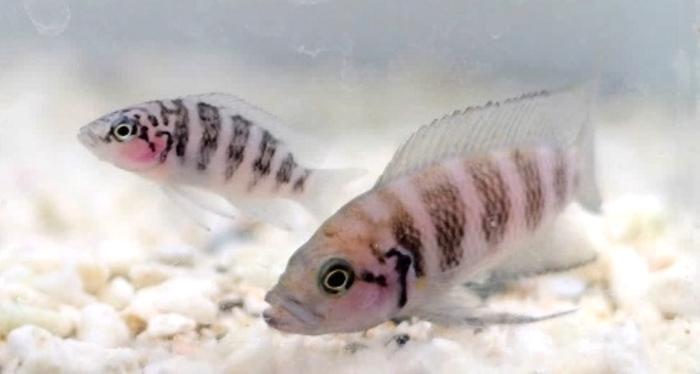In recent years, there has been a growing consensus among humans that corporal discipline of children may do more harm than good. However, while this perspective evolves in human societies, fascinating discoveries in animal behavior challenge our understanding of how punishment functions in fostering cooperation and maintaining social order.
Researchers from Osaka Metropolitan University, including Ryo Hidaka, Shumpei Sogawa, Masanori Kohda, and Satoshi Awata, have delved into the behavior of Neolamprologus savoryi, a species of cooperatively breeding cichlid fish, to explore the role of physical punishment in promoting cooperative behaviors among offspring. Their findings, published in Animal Behaviour on April 6, unveil surprising parallels in how nonhuman animals employ punishment to influence social dynamics.
Cooperative breeding in N. savoryi involves dominant breeders, supported by subordinate helpers, collaborating in tasks such as defending territory against intruders and maintaining breeding shelters. The study revealed that dominant breeders utilize physical aggression, even towards their own offspring, to incentivize these helpers to engage more actively in cooperative activities. Observations in controlled laboratory settings demonstrated that those subjected to aggression subsequently increased their contributions to cooperative behaviors, suggesting a direct correlation between punishment and enhanced participation.
According to Satoshi Awata, lead author and professor at Osaka Metropolitan University, these findings challenge the notion that advanced social and cognitive skills are exclusive to higher vertebrates. They demonstrate that punishment serves as a mechanism not only in human societies but also in animal communities to regulate behavior and ensure cooperative efforts.
The study’s implications extend beyond behavioral science, providing insights into the evolutionary strategies of social animals and the mechanisms underlying their cooperative interactions. By illustrating that fish, traditionally considered less cognitively complex, can employ such sophisticated strategies to maintain social cohesion, the research prompts a reconsideration of intelligence across the animal kingdom.
Awata emphasizes that this research opens new avenues for exploring the complexities of animal social structures and the diverse strategies they employ to sustain their societies. By bridging the gap between human and animal behavior, it underscores the multifaceted nature of intelligence and the adaptive strategies that species develop to thrive in cooperative environments.
